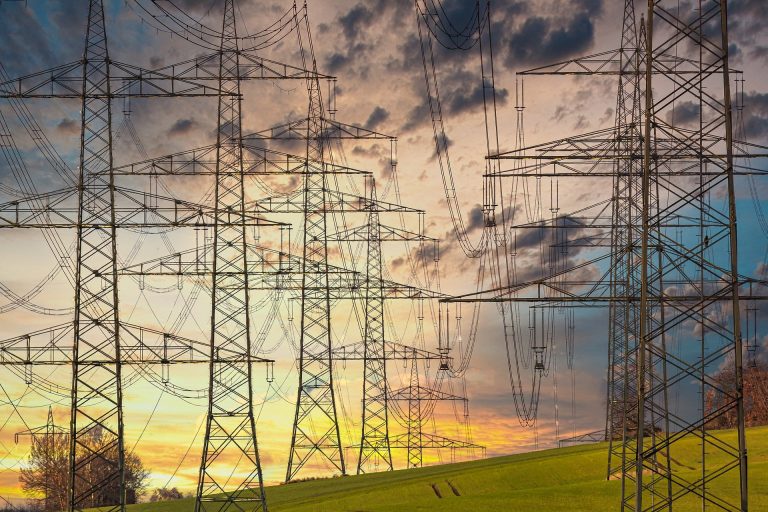China is facing an acute power crisis, something which can have a severe impact on one of the biggest economies in the world and a critical global manufacturing center. The power crisis has been triggered by at least three factors: strict carbon emission targets, surging coal and gas prices, and increasing demand for electricity.
Last year, Chinese President Xi Jinping announced at the United Nations that communist China will cut down carbon dioxide emissions per unit of GDP by over 65 percent from the 2005 levels. The target is to be achieved by 2030. Xi pledged more investments in renewable energy capacity. China had promised to cut energy intensity by roughly three percent this year as part of its commitment towards climate goals.
In the first six months of 2021, only 10 out of 20 mainland Chinese regions have achieved the carbon emissions target as set forth by Beijing according to the National Development and Reform Commission (NDRC), the main planning agency in communist China. These 20 regions account for 70 percent of China’s GDP. NDRC announced this month that regions failing to fulfill their emission targets will be punished; local officials will be held responsible.
Local administrations in provinces like Yunnan, Jiangsu, Guangdong, and Zhejiang have instructed factories to either reduce electricity consumption or curb their output.
Some electricity providers have asked heavy users to shut down operations completely for two or three days a week or halt production between the peak power periods of 7 a.m. to 11 p.m. In some instances, businesses have been asked to close shop until otherwise notified. This is the case with soybean manufacturing plants in eastern China’s Tianjin municipality that have been shut down since Sept. 22.
Success
You are now signed up for our newsletter
Success
Check your email to complete sign up
“Policymakers seem to be willing to accept slower growth in the rest of this year in order to meet the carbon emissions target… The GDP goal of more than 6% is easily achievable, but emissions targets are not easy to hit given robust growth in the first half,” Larry Hu, head of China economics at Macquarie Group, told Bloomberg.
The price of heating coal futures in communist China has risen by four times in the past month due to concerns regarding pollution constraints and the safety of mines. With Beijing continuing to ban coal imports from Australia, a top supplier of coal in the world, the upward pressure on prices remains in place.
In Liaoning province in northeast China, surging coal prices have been a key factor in forcing the administrations to order emergency power cuts in 14 cities. In the Jiangsu province, some cities are shutting down street lights at night and steel mills have closed. In Zhejiang, 160 companies have shut down, including those in the textiles industry.
“The peculiar nature of the Covid shock has made the economy more energy-intensive, at least temporarily… Meanwhile, efforts to reduce coal-fired related emissions and a reduction in coal imports have affected supply levels at least on the margin, contributing to a sharp increase in prices,” Goldman Sachs said. It pointed out that exports had boomed after the pandemic eased, which led to higher power consumption by Chinese industries.
The power supply crunch comes as global investors are watching the unfolding Evergrande situation with keen eyes. Evergrande, one of the biggest real estate companies in communist China, has taken loans in excess of $300 billion. It’s now unable to service these debts.
The company has missed interest payments to its lenders. Many contractors and suppliers have also not been paid. The collapse of Evergrande is expected to have a massive impact on communist China’s economy. Combine this with the power shortage and the resultant shut down of industrial activity, experts believe that the Chinese economy might be faltering,
“With market attention now laser-focused on Evergrande and Beijing’s unprecedented curbs on the property sector, another major supply-side shock may have been underestimated or even missed,” Nomura said in a research note. It warned that the power crunch will have a lasting impact on the Chinese economy and predicted lower GDP growth for this quarter. GDP growth for the entire year has been scaled back from 8.2 to 7.7 percent.
Morgan Stanley has warned that fourth-quarter GDP can fall by one percent if production cuts continue. Seven percent of China’s aluminum production capacity has been suspended; 29 percent of cement production has been affected. Industries like glass and paper might face supply disruptions soon, analysts at the company warned.














